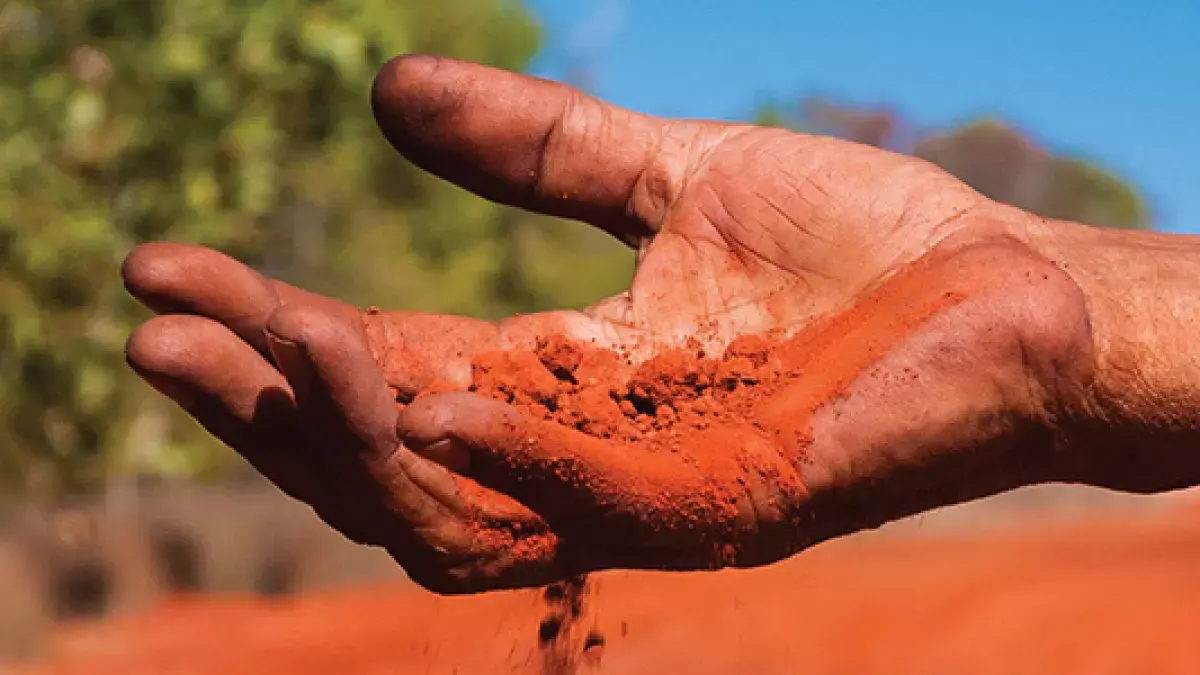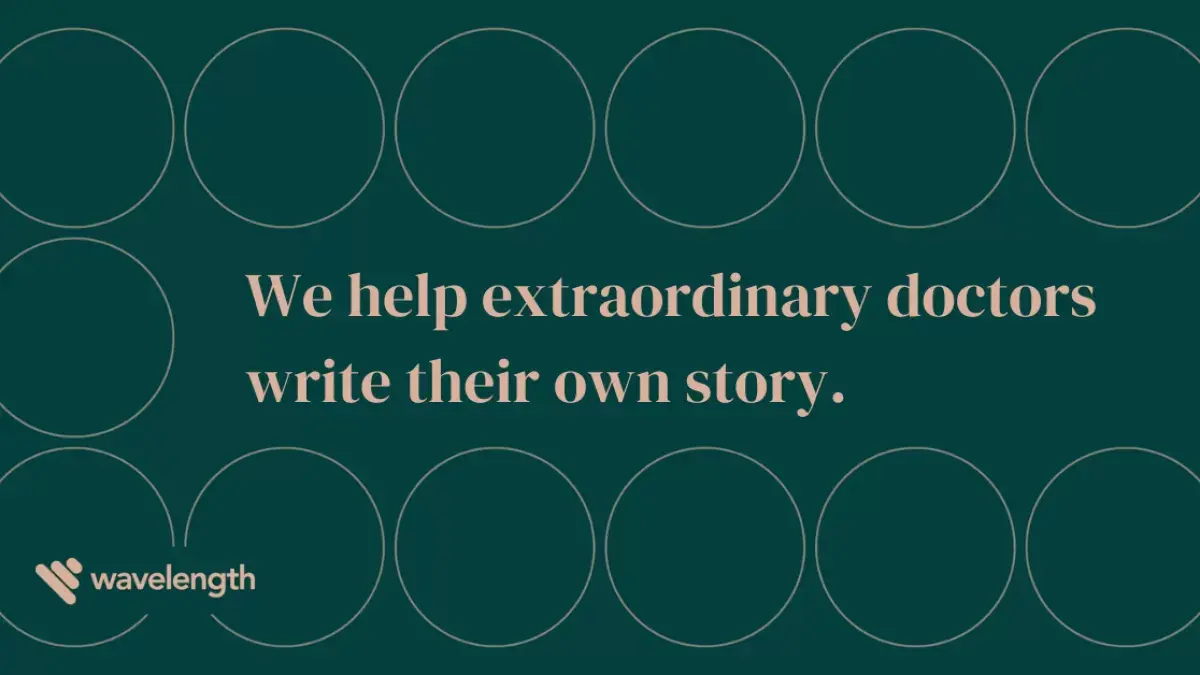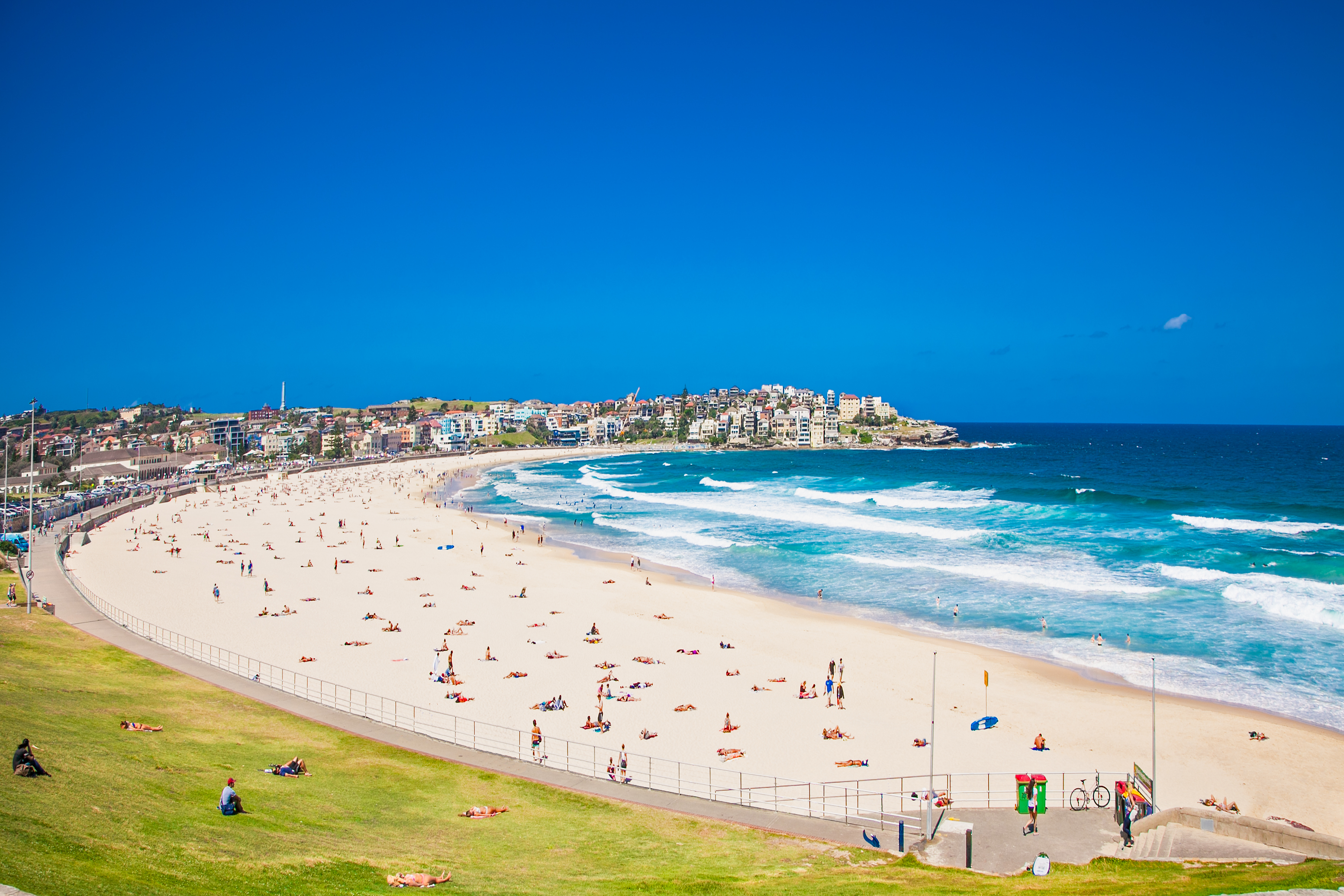- Medical Careers
- 7 min read
One doctor’s adventures in Indigenous Health
Read about Dr Amin Sadruddin's adventures in Indigenous Health in Australia, why he values these experiences so much and will keep going back. Read more today!
- By: Admin
- September 26, 2024

Dr Amin Sadruddin tells us why the outback is always calling to him
Updated July 2019

Perhaps one of the most unique experiences you can have as a doctor in Australia is practicing Indigenous health in some of Australia’s most remote areas.
General Practitioner Dr Amin Sadruddin talks to us about his passion for Indigenous health and the experiences he’s had working as a locum for us in Aboriginal communities.
When was your first experience with Indigenous health?
Years ago, I took a five-week locum in Far North Queensland to save money for an overseas trip, but I ended up working in Indigenous health for two years. I never made it overseas. I did eventually return to urban practice, but I couldn’t resist the call of the outback for long.
Why do you enjoy working in Indigenous health?
My days are always interesting, clinically challenging and satisfying! I make great use of my medical education as I often have to go back to first principles. Cases often present late and a history can be hard to glean, so physical examination becomes a critical part of the diagnostic process again.

How is Indigenous health different to General Practice in cities?
Outback work really is the antithesis of General Practice in cities. In the city I feel surplus to requirements, but in these communities my services are in high demand and the gratitude from the people I work with is palpable.
I am often the difference between a medical service staying open or being shut down. It’s a humbling experience and I feel privileged to work in places that I would never otherwise visit.
Have your experiences changed your perception of Aboriginal Australia?
Like most Australians, my prior experience of Aboriginal Australia was limited to cultural stereotypes and encounters on city streets with people on the fringe of both societies.
My new understanding could not be more different. The people I meet are so nice, and I’m always amazed by how much diversity there is between communities. The desert people are completely different from the coastal tribes, and the Torres Strait Islanders completely different again.
What trends have you noticed over your time in Aboriginal communities?
I see glimmers of hope that Closing the Gap is working, and more often than not, communities empowered to run their own health service appear to have better outcomes than government-driven initiatives.
Not only are these communities motivated to serve themselves, but they also provide care in a more culturally appropriate way, which really helps to break down barriers.

Are there any experiences that have really stuck in your mind?
In my early days I was naïve to the cultural differences, which led to one particularly frightening misunderstanding…
While I was visiting a palliative patient, I found the house filled with about 50 relatives. The patient passed away that night and everyone disappeared back into the desert on sorry business for several days.
The next thing I knew, there was a chanting crowd approaching the surgery armed with burning branches!
My immediate thought was that I was being blamed for the death and was about to be subjected to payback - another well documented Aboriginal tradition.
Luckily, the clinic staff quickly reassured me that this was a smoke-cleansing ritual and that the surgery was next to be cleansed.
Practicing Indigenous health in Australia is definitely a unique experience, and it’s easy to see why doctors can become enamoured with this kind of work.
Thanks so much for sharing your insights Dr Sadruddin.
Wavelength is passionate about recruiting doctors to communities where they will make a significant difference.
Register today to have a confidential discussion about how we can help you find your next locum or permanent medical job.
-
 Sep 20
Sep 20Doctors and Recruitment Best Practice often don’t mix
Like oil and water, doctors and recruitment best practice often don't mix, Dr Bethell explores some of the things that don't mix well. Read more today.
- Medical Careers
- Admin
- 6 min read
-
 Jul 2
Jul 2Why Moving to Australia is Worth the Leap for Overseas Doctors
Discover the inspiring journey of Dr. John Bethell and learn why relocating to Australia can be a rewarding experience for medical professionals.
- Medical Careers
- We are Wavies
- Regulatory & Migration
- Psychiatry
- Wavelength
- 3 min read
-
.png) Sep 26
Sep 26Why it matters which Recruitment Agency you choose
Dr John Bethell deconstructs what it takes to create a great environment to work in and why it matters which Recruitment Agency you choose. Read more.
- Medical Careers
- Admin
- 5 min read



.png?width=352&name=Untitled%20design%20(65).png)